Interview with Iconic Kurdish Artist Aynur
Aynur is one of the leading figures in the Kurdish music scene. Her talent and dedication was recognized with a Berklee College of Music award. Aynur recently released a captivating, critically acclaimed album titled Hedûr.
What are your fondest musical memories?
All my musical memories are unforgettable while I sing onstage to audiences, but one of the memories that stands out is when I sang with Yo Yo Ma and Silk Road Ensemble at Bosphorus in Istanbul.
What was the first song or melody you learned?
I don’t exactly remember, but in my culture we grow up with lullabies and ballads mostly. I sang one of them in my last album Hedûr. Its name is “Lure,” it’s also a very popular Kurdish lullaby in my region.
What do you consider to be the essential elements of your music?
Love, separation, nature, absence, women, pain, sadness, tragedy, sharing, heroism, etc.; whatever affects me.
How did your musical ideas evolve over the years from your first album to your most recent recordings?
It developed unforgettable experiences and self-confidence. To make music with many amazing musicians from different cultures brought more different sounds and styles to my musical journey. It has opened the door to the world. It opened chakras of my feelings and my thoughts.
In 2017, you received the Mediterranean Music Institute Award from the Berklee College of Music. You were the first woman to receive this award. What does this recognition mean to you as a woman and as a performer of Kurdish music?
First, I’d like to say it was a great honor to me to receive that award. Thanks a lot again! It was a big motivation for me for sure! I was born in a small village in a Kurdish region of Turkey as an Alavite, woman and Kurd. To fight against the mentality of the conflict between Turks and Kurds over the century, to be on stage as a woman fighting patriarchal society and find a connection between those identities make my music very tiring. So, it was really great honor to be recognized by the music authorities despite discrimination and censorship. It gave me a big motivation to do my best for new performers and generation.
Your new album Hedûr – Solace of Time was the top world music album at the Transglobal World Music Chart in March 2020. Tell us a little about this recording and what did the chart success mean to you?
I always try to bring something new and different in my albums to find similarities, feelings between the musicians and their cultures. But at the same time, I aimed to make bridge of traditional Kurdish music for the new generation to make it alive. It’s hard to make music in a non-educational /forbidden language to bring this music to a young generation. This is also the motivation that led me to try new forms, to bring traditional Kurdish music with a taste of jazz and classic elements. It took me 3 years to finalize the Hedur album and I’ve recorded with the band that I already play with on stage instead of producing an album; that is one of difference from my other albums.
The feedback from listeners make me glad and means a lot to me. Hereby, I would like to thank all the members of the Chart that have listened and gave their positive feedback.
The Kurdish community lives in parts of Turkey, Syria, Iraq, and Iran. Are you able to get your music distributed to these communities?
As you know, we released the album at the beginning of February 2020, the time when almost the whole world had started the lockdown, so physically we weren’t able to distribute almost anywhere. Although the Kurdish community lives in different regions, they have common emotion and history. They all know traditional music and old dengbejs. So that’s way it’s not hard to reach them digitally as long as there is no special ban for any digital platform or internet by the government.
How has the COVID-19 pandemic affected you in terms of work and livelihood?
It’s so sad and strange time especially for children and old people. I try to concentrate on my work, create new songs and compose new music and thinking of new ideas. To imagine going on stage again.
As I said, I’ve just released my album and had launched a Turkey and Europe tour with almost 30 confirmed concerts, most of them scheduled for March and April. Some of them were postponed to autumn, which is still not clear due to the pandemic and the other tour offers that were planned in autumn are on standby.
The Turkey tour was very important to me. I’ve not been touring in Turkey since five years and after we launched it, the whole tour were sold out. Then, Turkish solders were killed in the Syrian war and we had to cancel the first tour and reschedule to April but this time because of COVID-19. I was so excited and my listeners were also very excited, I’m so sad that I couldn’t make this tour for my fans. And of course all of this, bring financial problems, I’ve produced an album and have no condition to promote it and get it back.
What have you been doing these days while there were orders in many countries to stay home?
I just worked for new music or new songs and counted the days!!
In what ways are you promoting your music?
We just promote on the social media as Instagram, Twitter, Facebook, or YouTube!
In meantime if you say something political you can be viral on social media in Turkey. Only music or art comes after that. That’s why it’s difficult to just concentrate on art.
If you could invite additional musicians or bands to collaborate with, who would it be?
There are many musician all over the world that I would like to make music with. In Mesopotamia or Anatolian music we have mostly ballads, and the ballad always reminds me of blues music, this time my feeling is pulling me to the blues music. For example, like John Mayer with his guitar one ballad.
What advice would you give to beginners, especially young women who are anxious and want to make music outside of pop and trendy music?
If you believe your ability then you shouldn’t be anxious or scared for anything. Just try whatever you’re doing, try every day until you get know your heart, then it will come slowly but deeper, then you will be your guide, and you will find your intimacy!
https://www.youtube.com/watch?v=jsLXaYG3puA
Source: (worldmusiccentral.org)
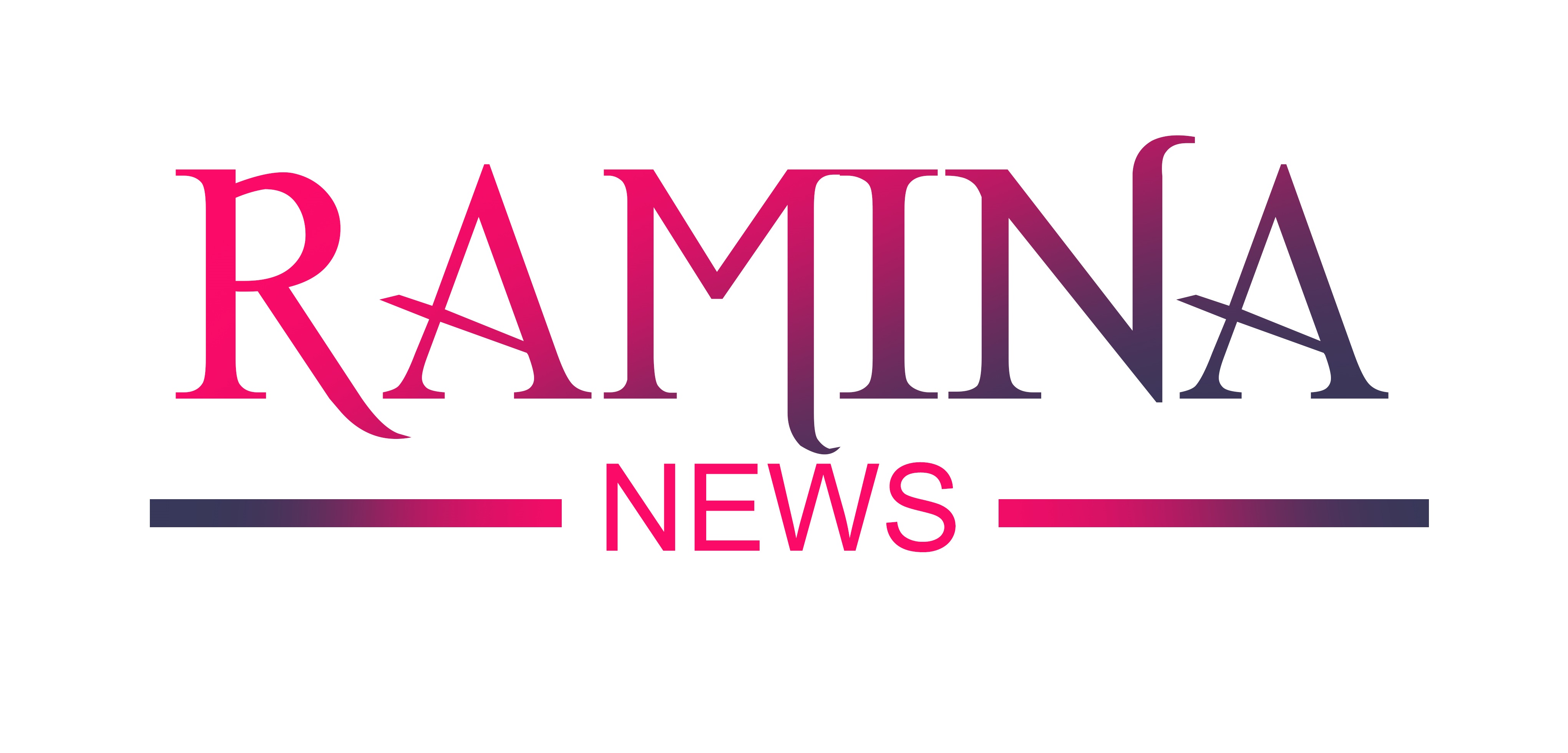
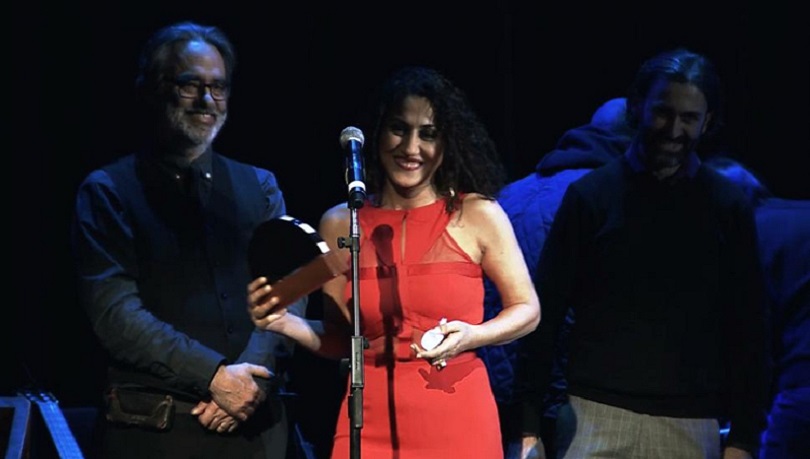

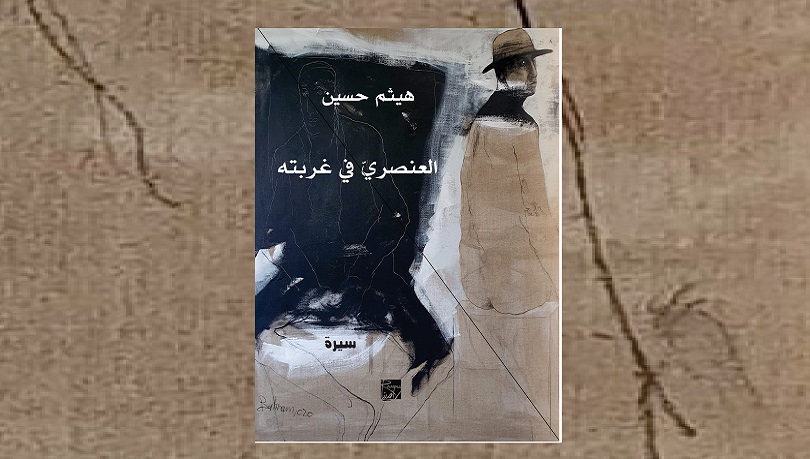
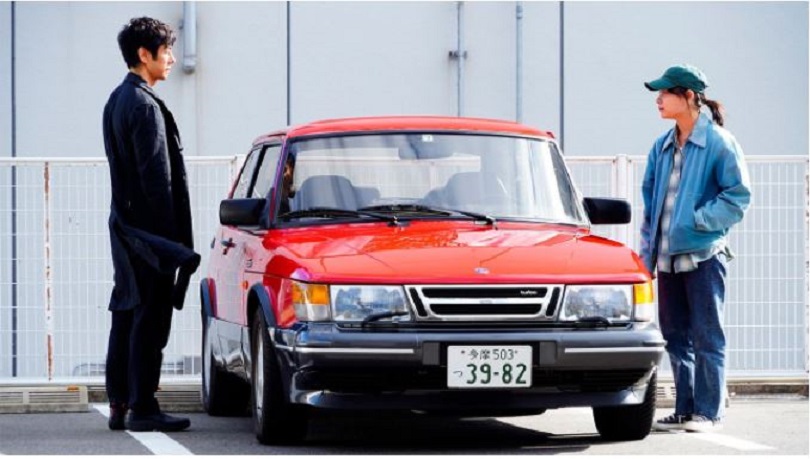
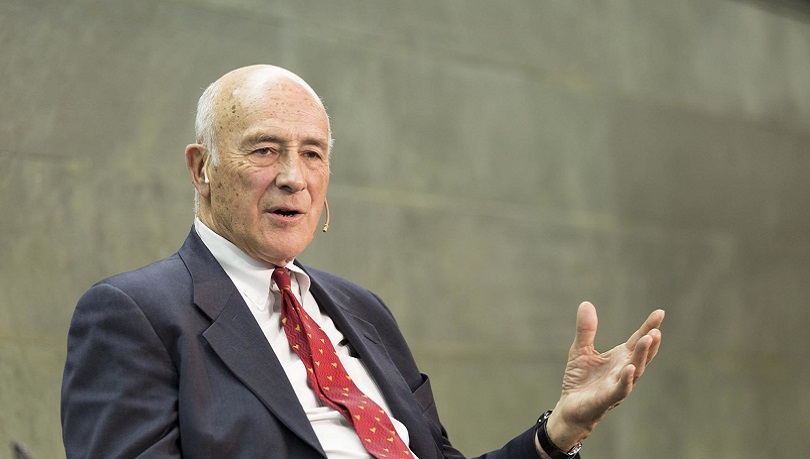
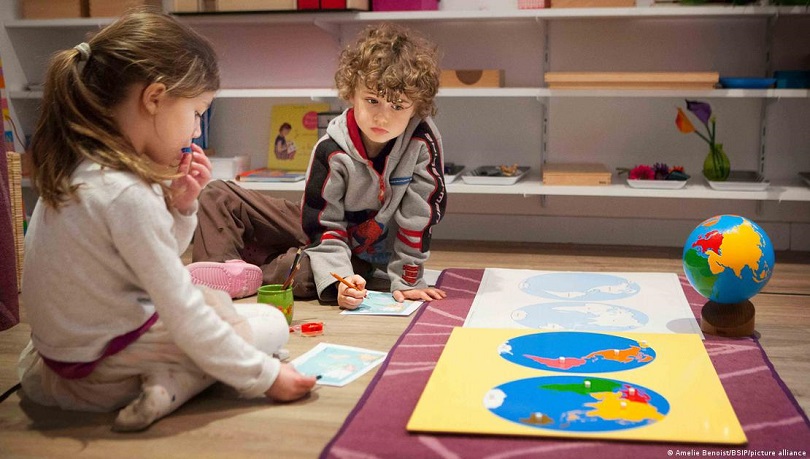
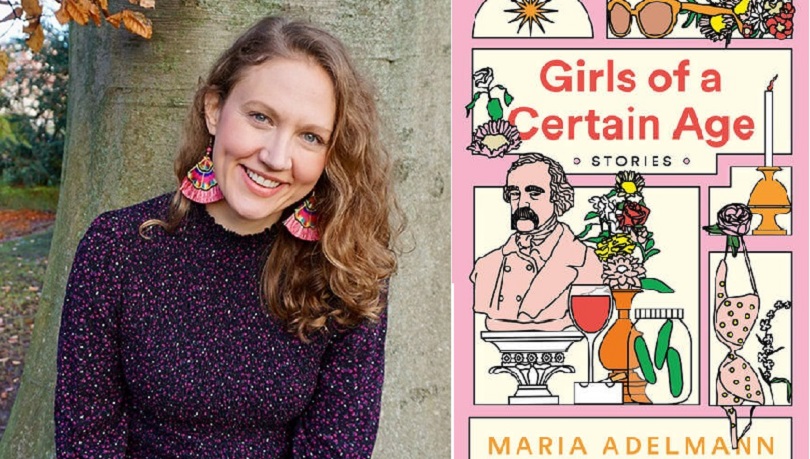
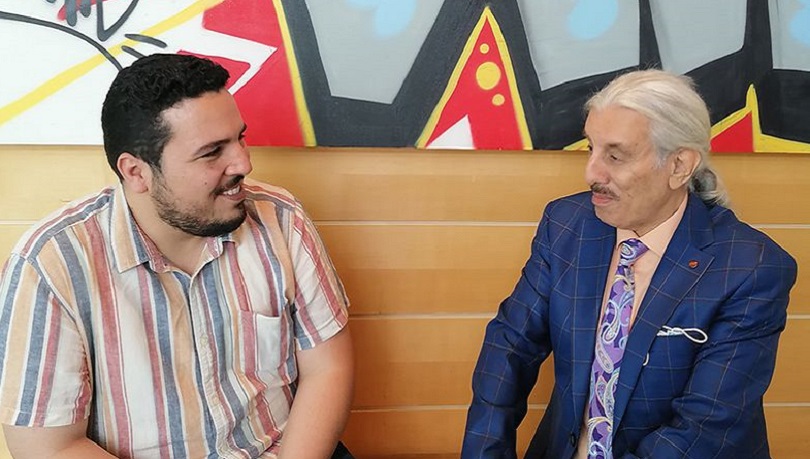
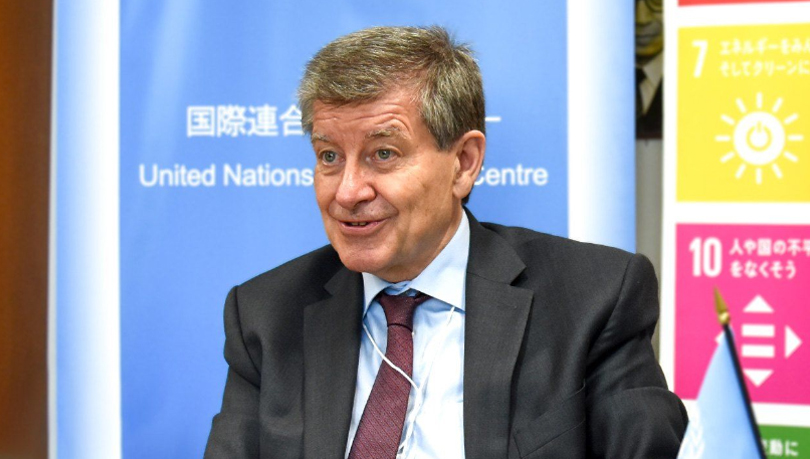
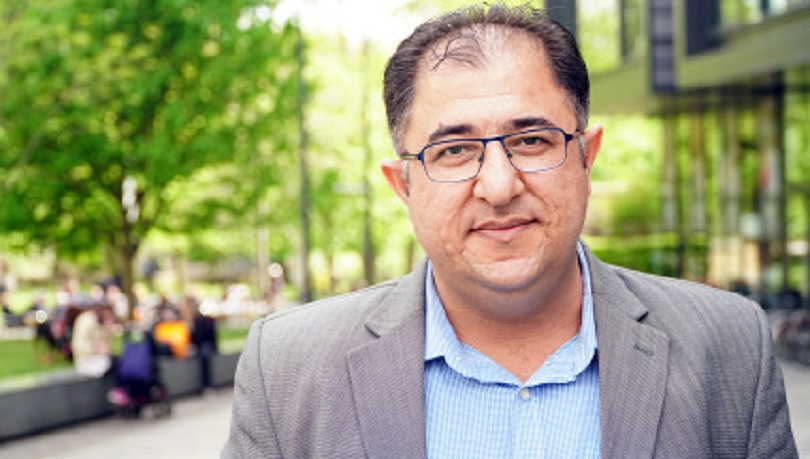
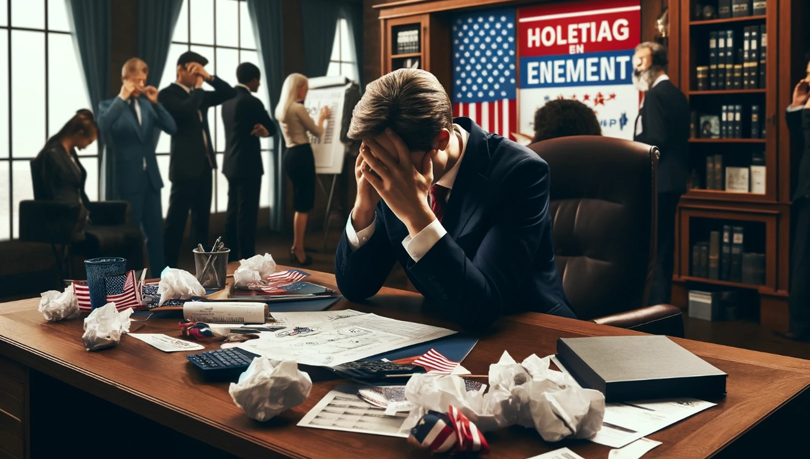
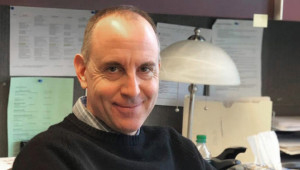

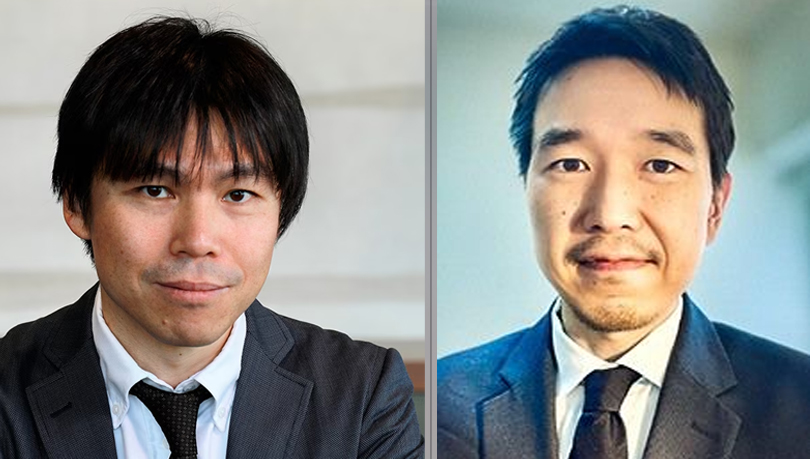
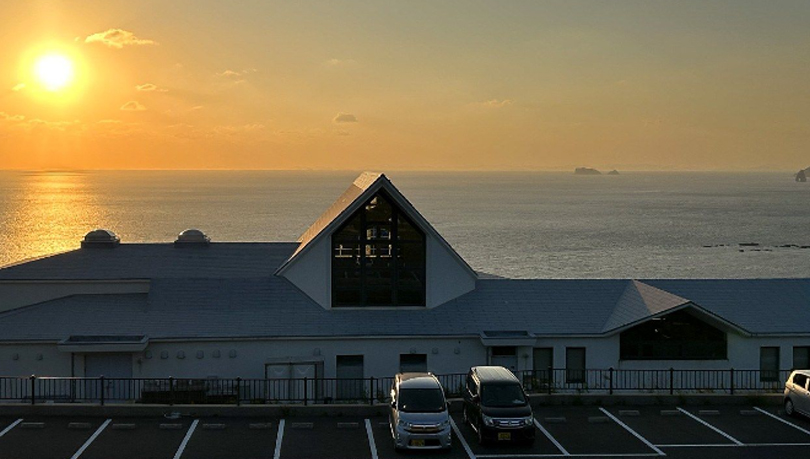
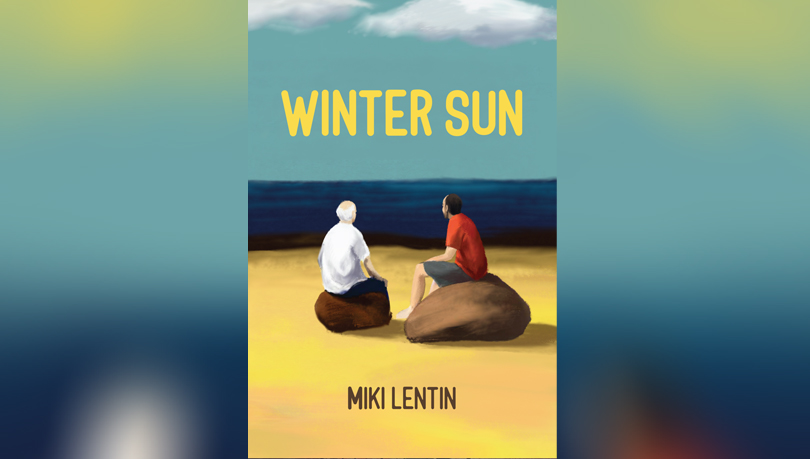
0 Comments